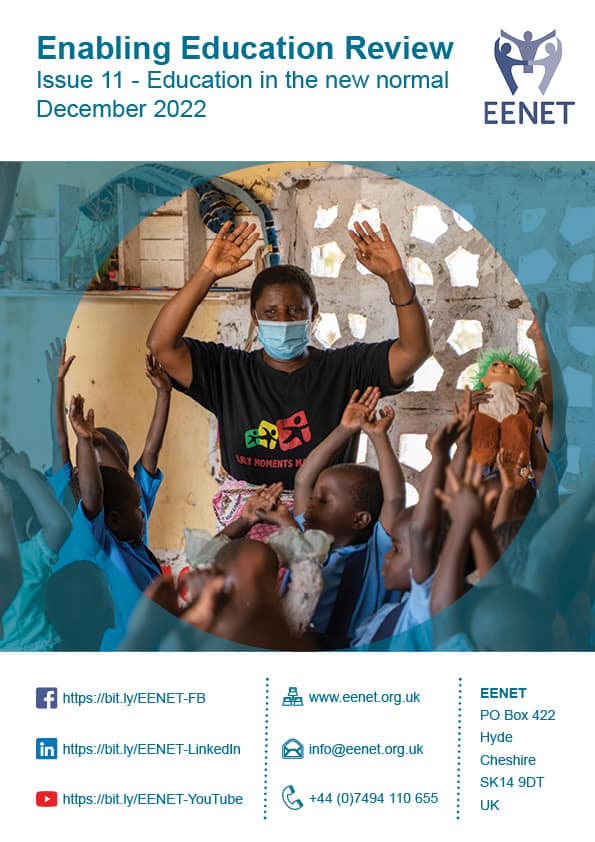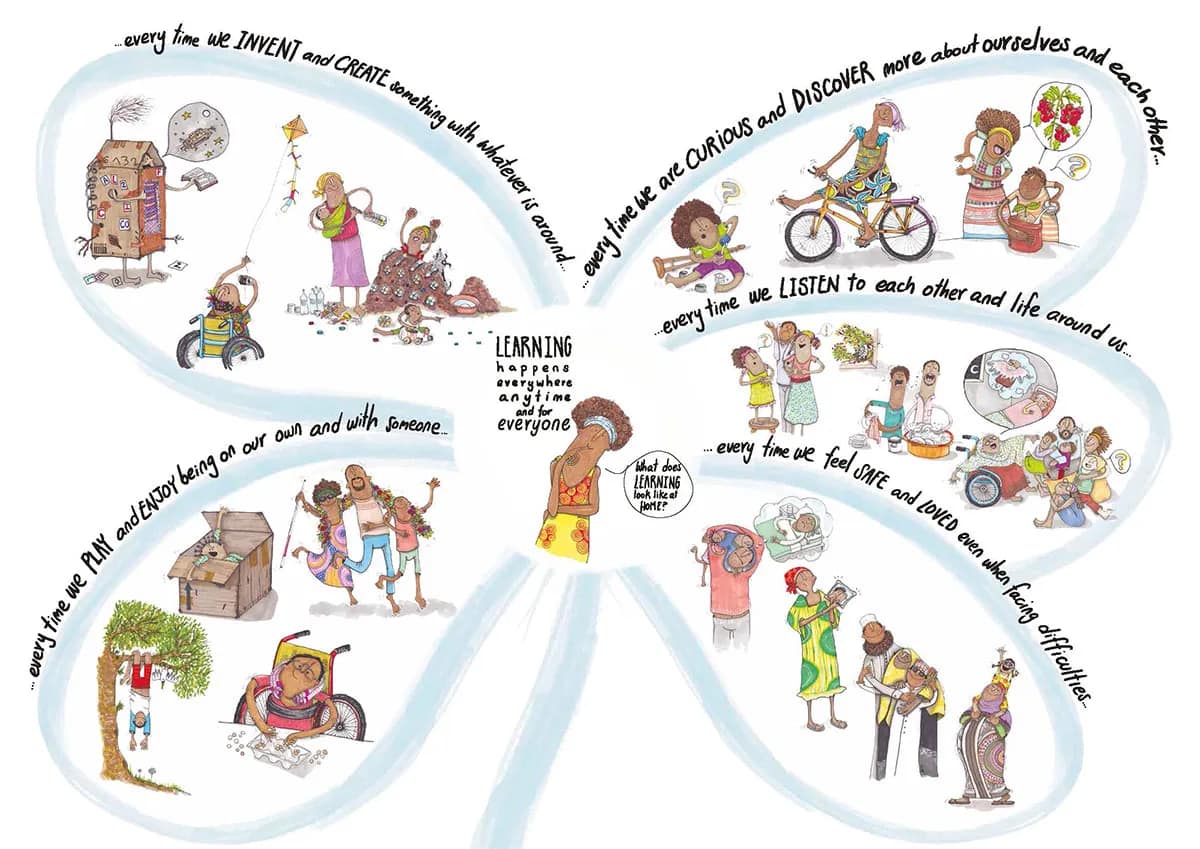In January 2022, as the world began emerging from COVID-19 restrictions, the EER 11’s call for articles reflected on the profound impacts of prolonged school closures – education in the new normal. Uganda, for instance, reopened its schools after almost two years of closure, highlighting the collective trauma experienced globally. The closure’s aftermath was evident in various countries, with students displaying increased social anxiety and dependence. Marginalised learners faced exacerbated challenges due to limited support during remote learning. Additionally, the closure led to rising issues like teenage pregnancy and early marriage in low-income nations, exacerbating educational disparities.
Amidst these challenges, a trauma-informed approach emerged as vital. Recognizing the enduring effects of trauma, educators emphasized the importance of understanding learners’ experiences without directly probing their traumatic backgrounds. Fostering supportive relationships between educators and students became central. The trauma-informed strategies extended globally, addressing the diverse impacts of trauma beyond the immediate COVID-19 context. The articles in this edition underscored the need for individualized, inclusive education, emphasizing the necessity of localized, sensitive responses to trauma, heralding a new era in education that prioritizes understanding, compassion, and tailored support for every learner.



